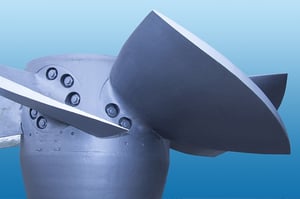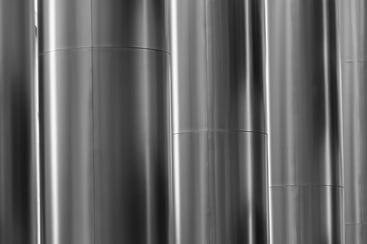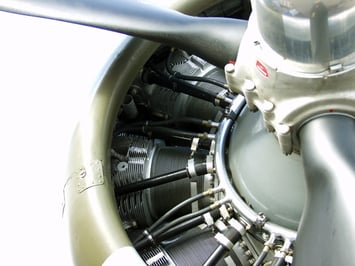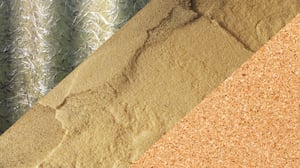As you may know, a ton of work goes into building a ship. Fortunately, the formula has not changed for generations, but the process for building ships has become faster and easier than even decades ago.
If you are curious to know how ships are made, there is a list of primary material that help ships and other vessels perform optimally with next to no setbacks. Here are all the typical materials that are used for ships:
Steel
For over one-and-a-half decades, the most common material to build a ship is steel. Steel is a strong and malleable material to help ships do that they need to: float on the water. Every reliable ship has a hull made of steel so that it can carry a tremendous amount of weight on the water without capsizing.
There are many variations of steel that manufacturers make for building. There are high tensile steels which are made to withstand a lot of stress. High tensile steel is used for tankers and decks, where a good amount of impact is known to occur.  Steel used for a ship will typically consist of .15 to .23 percent of carbon with a significant amount of manganese. Other parts of a ship that are made of steel include plating, stock, stern, keel, gunwales, strakes, bulkheads, masts, and derrick blooms.
Steel used for a ship will typically consist of .15 to .23 percent of carbon with a significant amount of manganese. Other parts of a ship that are made of steel include plating, stock, stern, keel, gunwales, strakes, bulkheads, masts, and derrick blooms.
Aluminum Alloy
As steel is the primary material for ships, the ship itself may get too heavy. Thus, some steel parts on the ship can get substituted for aluminum. Aluminum is often times more expensive than steel, but you can significantly build a ship with aluminum that weighs up to 60 percent lighter than steel used in an all-steel ship. The rate in which aluminum can corrode is very slow, thus maintenance is low with said material. All of these things make aluminum a very valuable material for ship-building.

Aluminum is something to heavily consider if you intend to have your ship carry a lot of cargo at a time, and it is a great material to substitute steel with outright for smaller ships, where carrying cargo is not much of a priority.
Brass
Brass is the most common material found in propellers. As propellers require the need to endure constant saltwater, brass is often the material ship makers turn to, if not another copper alloy. Brass can help limit cavitation in a propeller, which causes the propeller to create bubbles as it runs. These bubbles can actually cause harm to the propeller little by little when the propeller hits them and they burst.

Materials For Insulation
Insulation, depending on what your ship is for, may or may not be a necessity. Ships and other vessels tend to need it if they are required to keep parts of the ship at certain temperatures, or are carrying precious cargo that can get damaged from heat. The main three options for ship builders are glass fiber, foam, or cork, all in the form of lining.  Modern ships today will most often have glass fiber, as it comes with many benefits. It is mold-proof, fire-resistant, pest-repellent, and is still a fairly light material. Foam and cork can actually be viable places for pests to nest on a ship. Steel itself is a good insulator, mainly because steel is known to be a great heat conductor.
Modern ships today will most often have glass fiber, as it comes with many benefits. It is mold-proof, fire-resistant, pest-repellent, and is still a fairly light material. Foam and cork can actually be viable places for pests to nest on a ship. Steel itself is a good insulator, mainly because steel is known to be a great heat conductor.
Conclusion
There are many important materials for every ship, but the big three are steel for stability, aluminum for lightweight, and brass for resistance to saltwater. Whether you want to build a ship that is super-light, or nearly indestructible, there are many strategies one can consider during the ship's planning phase.
Did you find our blog a helpful tool for what you were looking for? Feel free to share on Facebook, LinkedIn or Twitter by using the super-easy share buttons on the right! Scroll down farther for mobile viewers.



